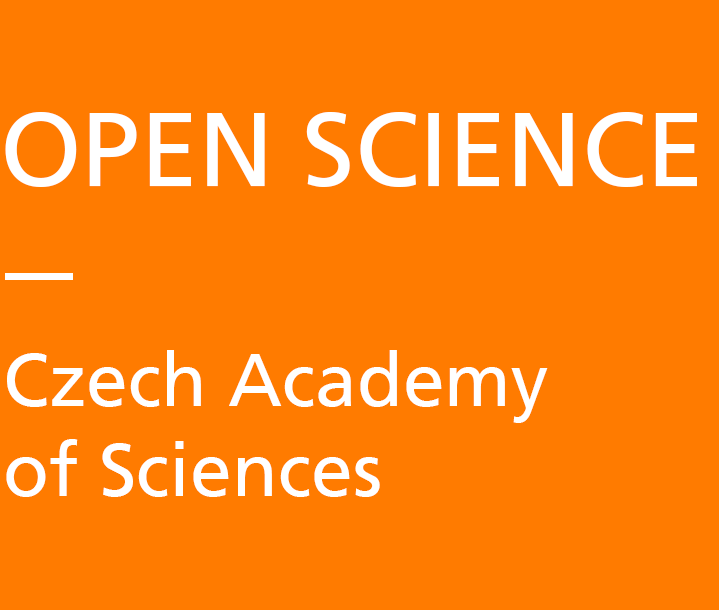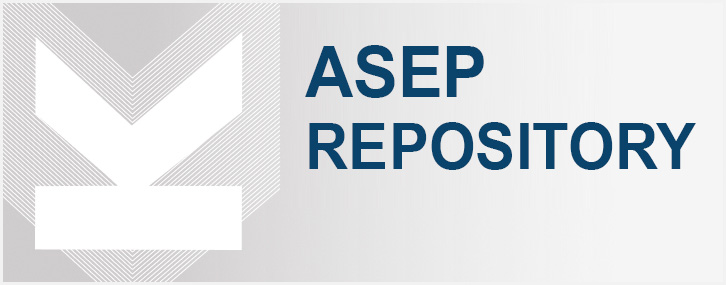EOSC EU Node
At this autumn’s EOSC Symposium in Berlin, participants witnessed the launch of the first EOSC EU Node. It is a platform that supports multidisciplinary and international scientific research. The services it provides are aimed at developing, connecting and strengthening science and research collaboration in Europe. The platform supports users at all stages of the research lifecycle, ensuring greater collaboration and innovation across the European scientific landscape.
EOSC EU Nodu services are particularly targeted at researchers and funders:
1) Funders will in the future be able to use some basic functions “as a service”:
- EOSC Authentication and Authorisation Infrastructure (AAI)
- Resource Catalogues and Registry Services
- Application Workflow Management
- Monitoring and Accounting
- Helpdesk
A listing of all information about these services can be found here on their website.
2) Researchers can now draw and discover from tens of millions of scientific publications, data and software. They can also search for services and tools from research infrastructures, providers and technologies. A list of the new services for the EOSC EU Node Researcher can be found here and include:
To use these services, so-called credits are required. Credits are your virtual currency for selected services within the EOSC EU Nodu platform. Credits are allocated to you by the European Commission free of charge (at the point of use) when you first log in and are automatically renewed every three months. The amount of credits allocated is determined by your default role, authenticated users through the eduGAIN inter federation and EU Login with specific restrictions have these credits allocated from 100 credits and upwards. At the same time, they are not transferable between the specified period to exhaust them (90 days). For a more detailed overview of the use and amount of credits granted, please visit their User Access Policy.
In comparison to these services, for example with CESNET, EOSC Node currently offers you the additional option of using interactive laptops. These are browser-based tools designed for interactive data analysis. In them you can create and share documents that contain live R and Python code, equations, visualizations and explanatory text.
In the future, the EOSC Federation aims to support the creation of other services and thus the development of thematic Nodes at national and international level. These Nodes should form an interconnected network of autonomous units that will operate based on a shared framework of standards, policies and best practices.
For more information, follow EOSC on their website here.
Last updated on November 19, 2024


